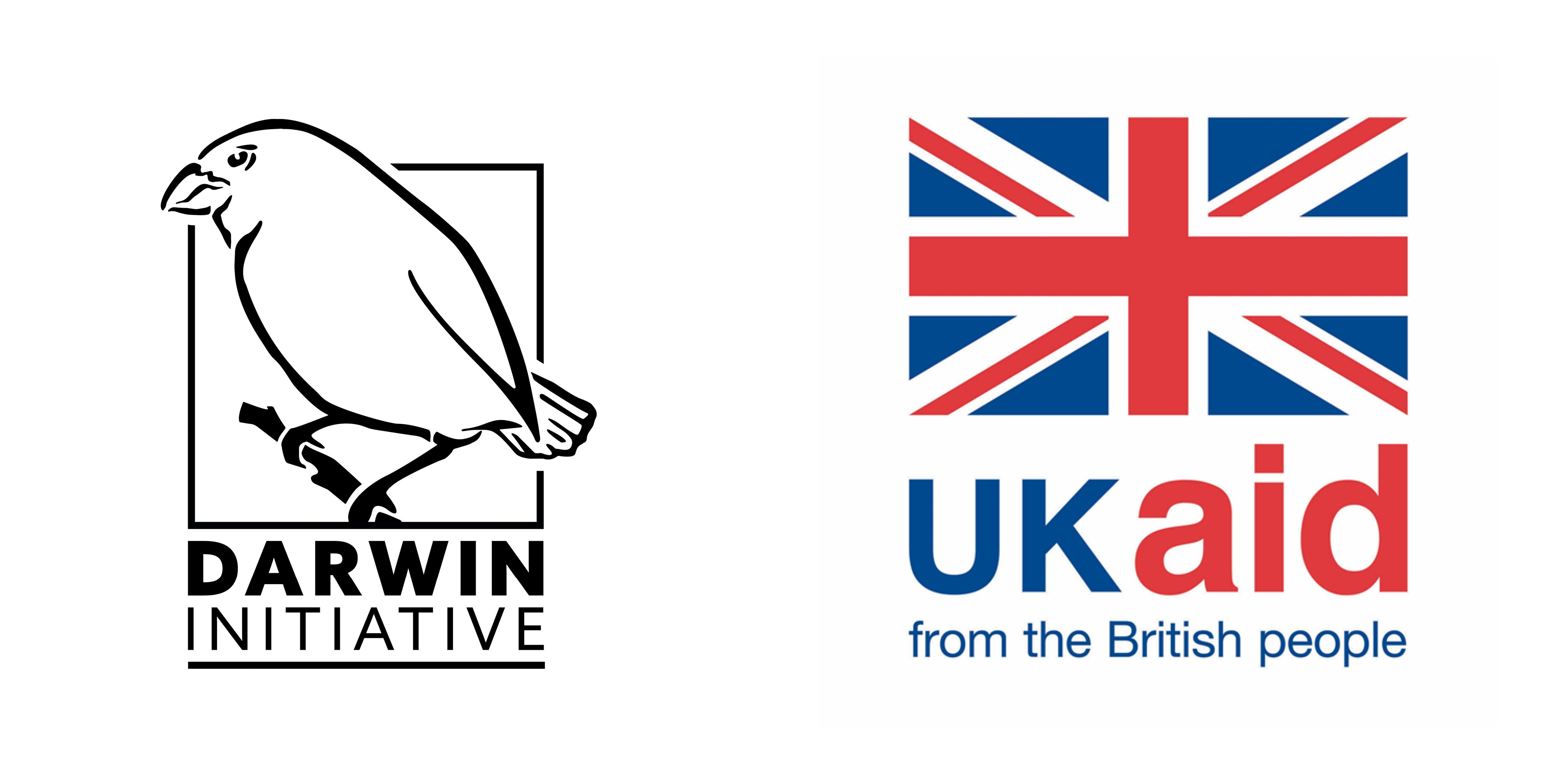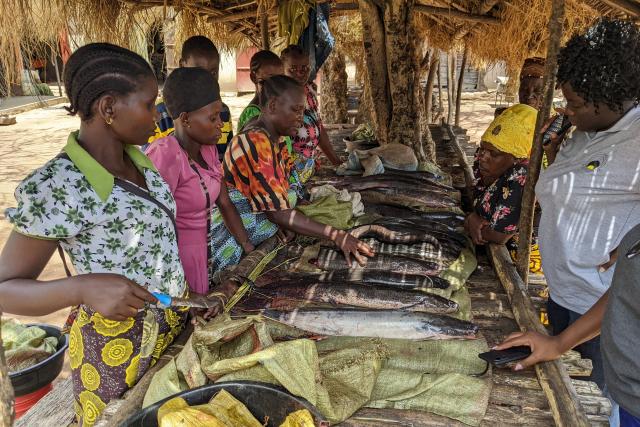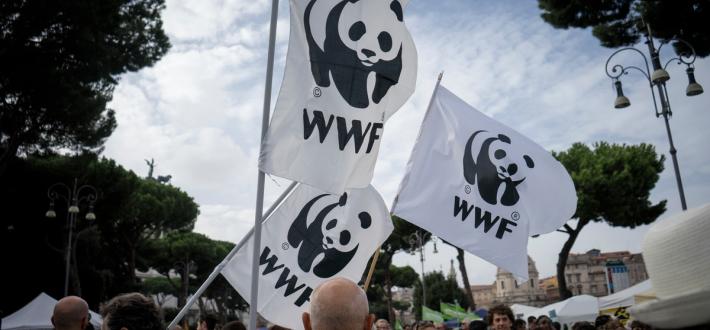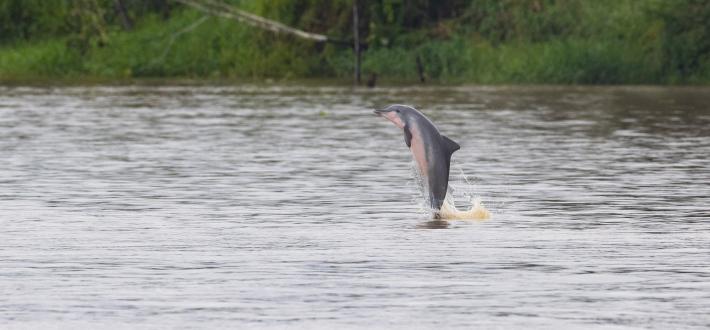

Project overview
The Mara Wetlands is a vital ecosystem located in northern Tanzania where the Mara river flows into Lake Victoria. The wetlands contain globally important biodiversity and provide critical ecosystem services.
The wetlands are vital for local communities, particularly from fisheries which provide a valuable source of food and income. Approximately 110,000 people living in 27 villages rely on the wetlands for their livelihoods.
Why we are doing it
Despite the importance of the Mara wetlands, the ecosystem is under threat from activities such as illegal fishing, livestock overgrazing, and agriculture near riverbanks. These unsustainable activities can be damaging to the environment, impacting both ecosystems and local livelihoods.
In particular, overfishing is causing a decline in fish catches and the average size of fish caught, which poses a significant threat to biodiversity and local people’s food security and income.
To address these challenges WWF is collaborating with local communities and partners to support community-led sustainable fisheries management and conservation across the Mara wetlands.
The three-year project (from June 2022 to March 2025) is funded by the UK Government through the Darwin Initiative.
Project impact
So far, a series of ecological surveys have been completed in collaboration with Tanzania’s fisheries research institute (TAFIRI) and academic institution IHE Delft. This information will help monitoring and management of fish habitats and biodiversity.
TAFIRI has also provided training to citizen scientists to collect regular data on fish catch. WWF has supported 39 members across three Water User Associations to monitor water quality at various sources.
Using this data, WWF will support communities and local authorities to design fisheries co-management plans that will encourage sustainable fishing practices, enhance livelihoods resilience, and reduce threats to fish stocks and diversity.
A series of village events have helped to raise awareness of the impact of unsustainable fishing practices, and fishers are participating in a scheme to exchange illegal fishing gear.
In collaboration with the Victoria Farming Fisheries Organization (VIFAFIO) the project is also supporting local women’s groups to improve their income from fisheries and to reduce post-harvest losses from fish catch through training and equipment such as freezers.

